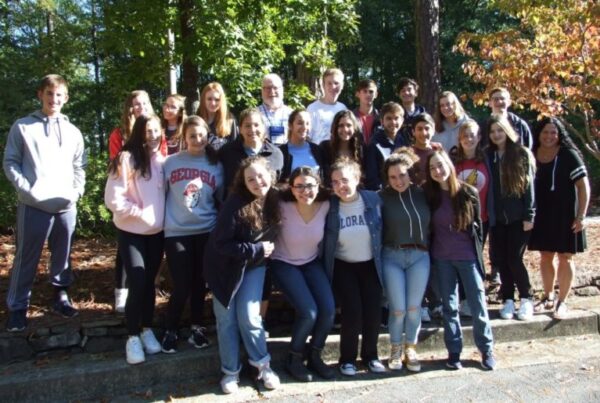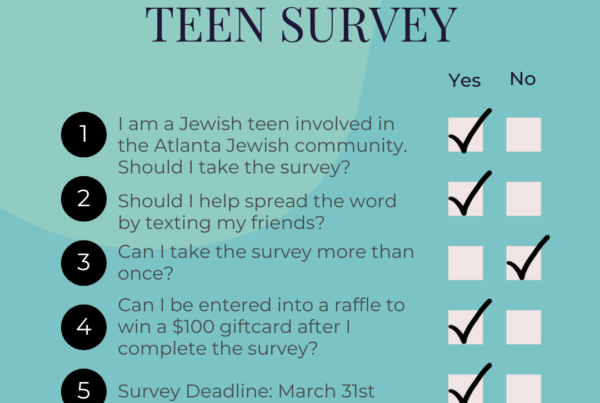I recently had two amazing experiences that changed my beliefs on failure.
Kelly Cohen, JumpSpark DirectorThe first week of October I traveled to Austin to meet with leaders and representatives from the nine other Jewish Teen Initiatives that make up the Jewish Teen Education & Engagement Funder Collaborative. Together we participated in a Failure Lab that’s led corporate failure training for companies such as Steelcase, Dell, Goodwill, and the University of Michigan.
Monday, October 15th JumpSpark Professional hosted a Creativity & Collaboration workshop led by Dad’s Garage. Using very low-stakes improv games and not putting anyone on the spot, our facilitator Whitney led us in exercises to wake us up and shake off any case of the Mondays while also practicing creative thinking, listening, and partner/group collaboration; she expertly weaved in anecdotes and actionable steps we can take to integrate these learnings into our everyday work. As Whitney demonstrated at the workshop, in improv when you fail everyone claps, celebrates your courage, and moves on.
Three things I took from both these programs is that:
- Everyone fails
- Failure is necessary for growth and innovation.
- The real test is how we respond to it and how we tell our failure story.
Not only do we need to fail, we need to shorten our failure cycles, moving quickly from failure to trying again. Shortened cycles lead to more learning and ultimately more innovation. JumpSpark, as a hub of teen innovation in Jewish Atlanta, has to be telling its failure story not only so we can better serve our community but also so we can model vulnerability.
Our last JumpSpark Professional event – the Creativity & Collaboration workshop mentioned above – was dangerously close to being a “failure”. We didn’t get the turn out we’d hoped, and was nearly canceled. In order for us to better serve you, we need to know why.
I invite you to share anonymous feedback about why this workshop or any previous events didn’t pique your interest. Was the location or time inconvenient? Are team-building events not your thing, or did the mention of “improv” sound unappealing? Was cost an issue, or did you not even hear about it? Or is JumpSpark Professional simply not speaking to your needs as a resource to build up Jewish professionals in Atlanta? I value your truthful feedback and perspective about your needs and the needs of the professional community. If you don’t wish to be anonymous, I welcome you to email me directly and have a conversation.
82% of responses to the 2017-18 survey of Jewish Educators & Professionals in Atlanta said JumpSpark Professional added to their job satisfaction and built community. We want to build on that success by continuing to bring teen professionals together for meaningful networking and professional development. Please join us on Mon. Nov. 5th for a Networking Breakfast to unpack the data responses from the survey and envision how to use this data to shape the future of JumpSpark Pro and the Jewish teen landscape.
Thank you,





